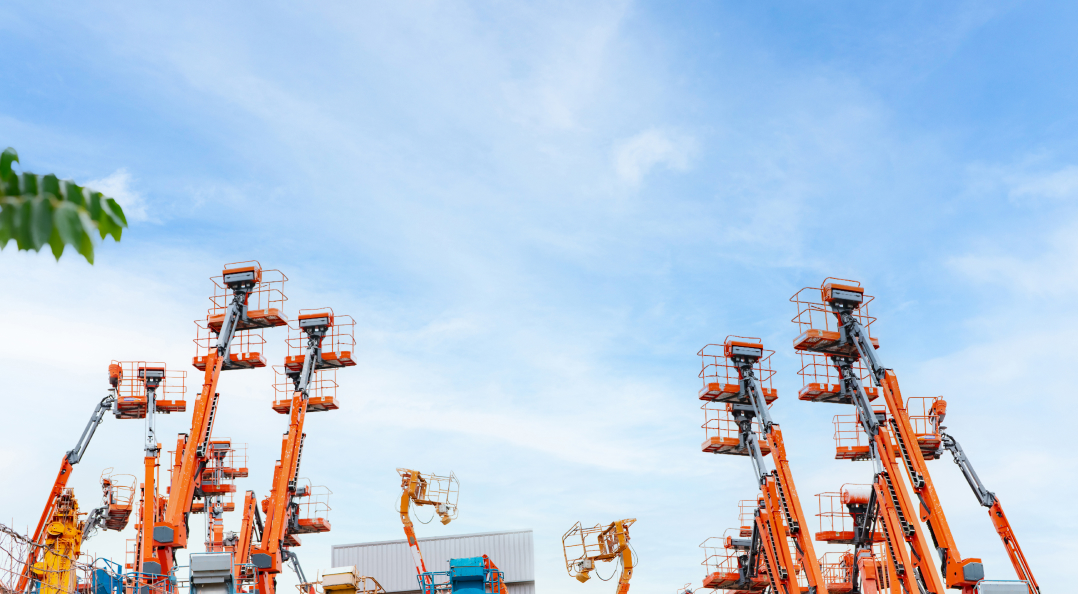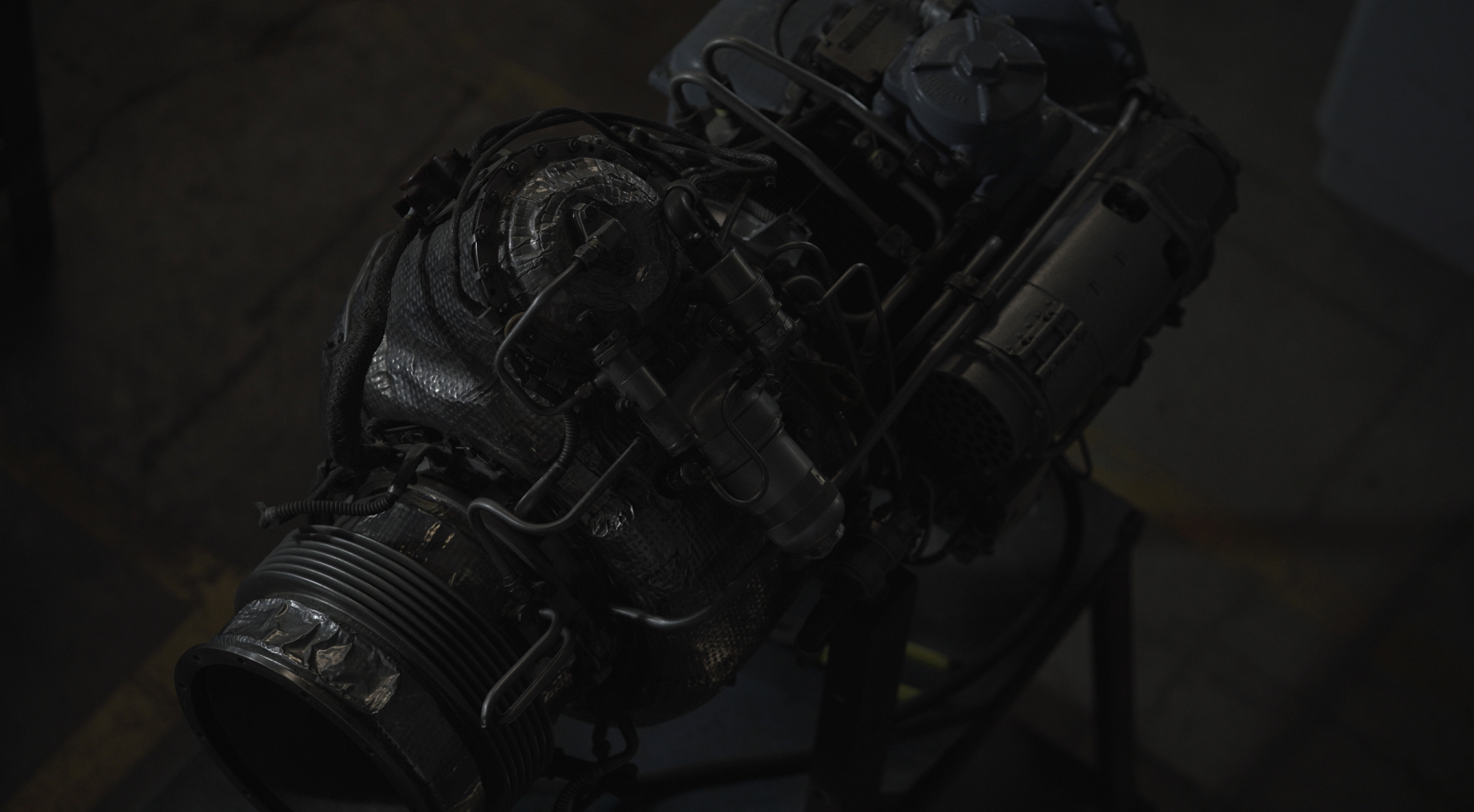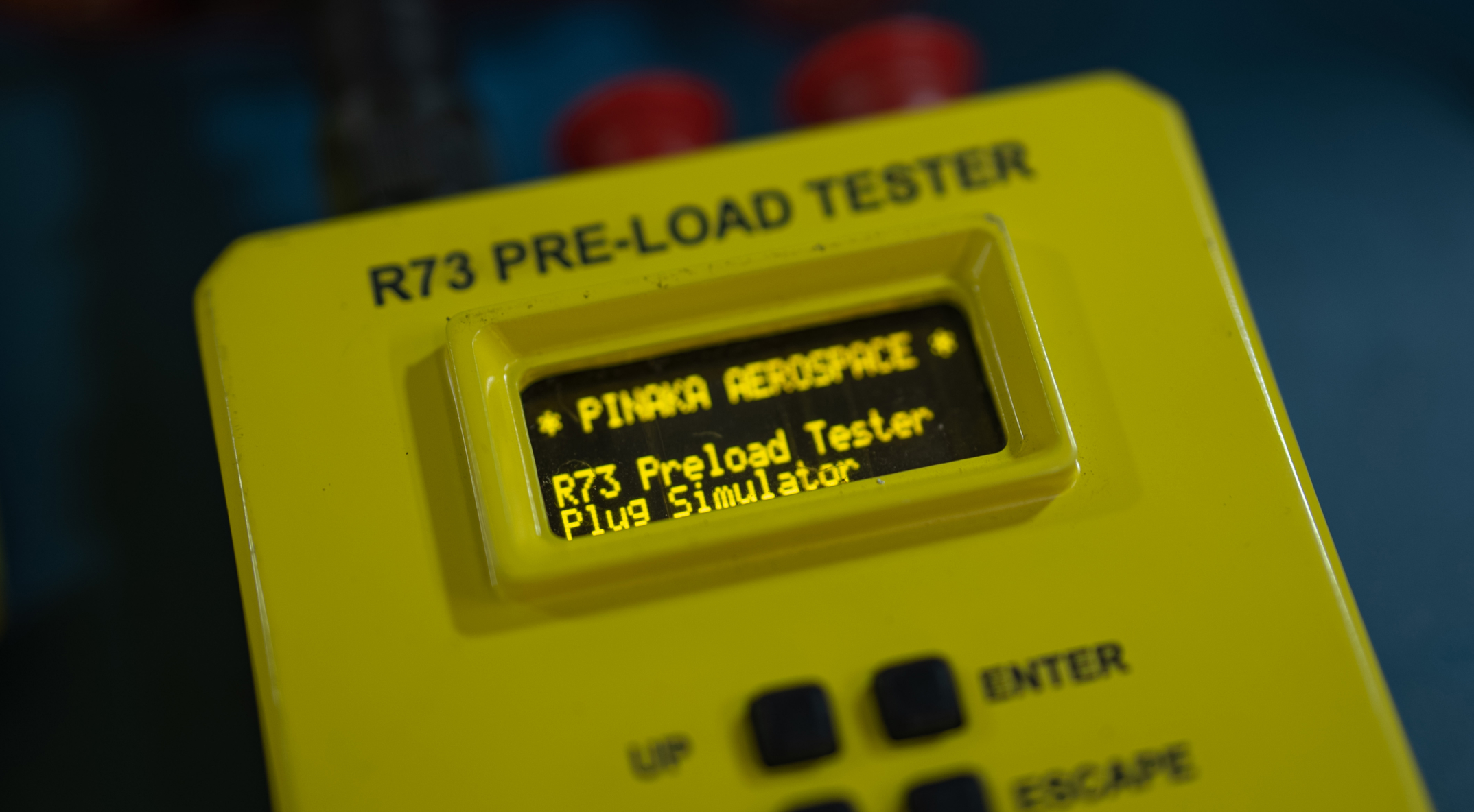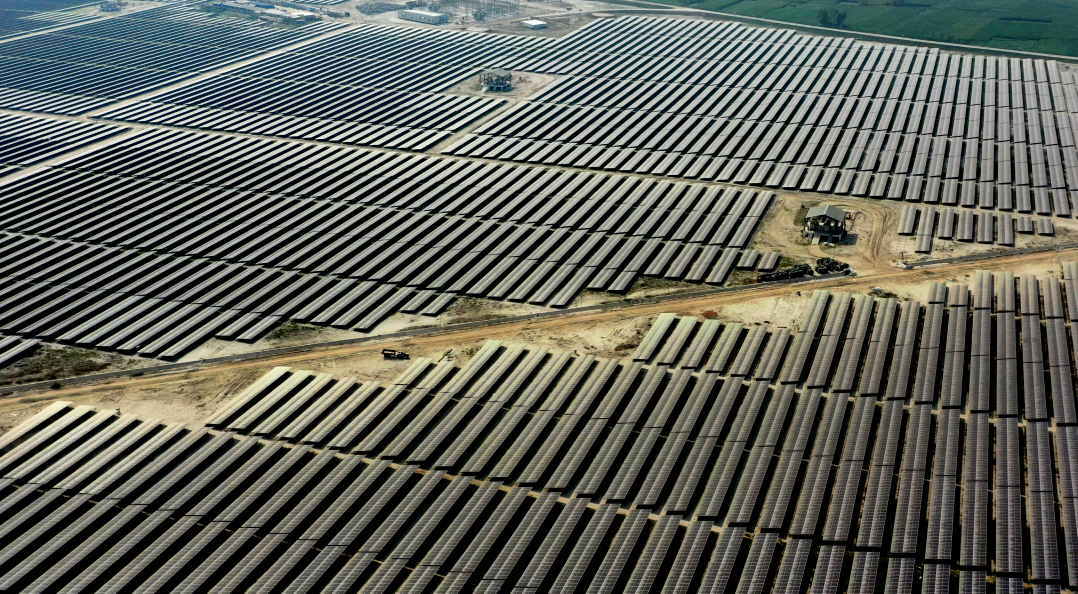Revolutionizing Wind Turbine Nacelle Supply Chains: A ZETWERK Success Story

In global supply chains, challenges often emerge unexpectedly, putting even the most established companies in precarious situations. A prominent European Wind Turbine OEM, found itself grappling with a sole-source predicament from a high-cost supplier for its fiberglass wind turbine nacelles. The additional burden of intricate and expensive shipping processes compounded the challenge. This is where ZETWERK stepped in to address the immediate issue and to revolutionize the entire supply chain paradigm.
The dynamics of global supply chains are in a constant state of flux. For our customers, this meant working around the sole-source situation with a supplier whose costs were reaching unsustainable proportions. The product in question, fiberglass wind turbine nacelles, demanded specialized production and posed a logistical challenge due to their size and weight, making transportation an expensive proposition. Recognizing the urgency and complexity of the issue, the European Wind Turbine OEM turned to ZETWERK for a solution.
Having built a rapport with the ZETWERK team through successful projects, the Wind Turbine OEM sought their expertise in overcoming this challenge. ZETWERK identified a unique solution – a dormant fiberglass factory that had recently shut down. Seizing the opportunity, ZETWERK acquired and revived this facility, turning it into an asset for the customer’s supply chain needs.
The final solution crafted by ZETWERK was a hybrid supply chain model that addressed the immediate concerns and laid the foundation for sustainable cost reduction and risk mitigation. The larger components of the wind turbine nacelles are now produced in the revived Spanish factory, capitalizing on local expertise and resources. Simultaneously, smaller components were sourced from a low-cost supplier in India. ZETWERK managed the import of these smaller components and integrated them into a kit assembly in Spain. The result was a comprehensive solution ready for delivery to the customer.
The impact of ZETWERK’s intervention was nothing short of transformative for the European Wind Turbine OEM. The hybrid supply chain model crafted by ZETWERK not only resolved their immediate challenges but also unlocked a myriad of benefits:
- 10% Cost Savings: By leveraging the strengths of local production in Spain and tapping into the cost advantages offered by the Indian supplier, ZETWERK enabled the Wind Turbine OEM to achieve a remarkable 10% reduction in costs. This addressed the financial strain caused by the sole-source situation and increased the overall competitiveness of the customer in the market.
- De-Risking the Supply Chain: Introducing a local second source for production provided a safety net for the Wind Turbine OEM. The reliance on a single high-cost supplier was now diversified, reducing the vulnerability associated with a sole-source dependency. ZETWERK’s approach allowed the customer to mitigate risks and ensure a more resilient and robust supply chain.
- Global Low-Cost Sourcing for New Products: Beyond resolving the immediate challenges, ZETWERK’s intervention laid the groundwork for future scalability. The successful integration of components from a low-cost supplier in India demonstrated the feasibility of a global sourcing strategy. This presented opportunities for the Wind Turbine OEM to explore new product lines and provided a blueprint for diversifying their supply chain further.
The collaboration between ZETWERK and the European Wind Turbine OEM exemplifies the power of innovative thinking in supply chain management. The resurrection of a dormant factory, combined with the seamless orchestration of a hybrid supply chain addressed immediate concerns and positioned the customer for long-term success in a dynamic market. As industries continue to struggle with the complexities of global supply chains, the ZETWERK success story points to the potential of international collaboration and inventive problem-solving.







